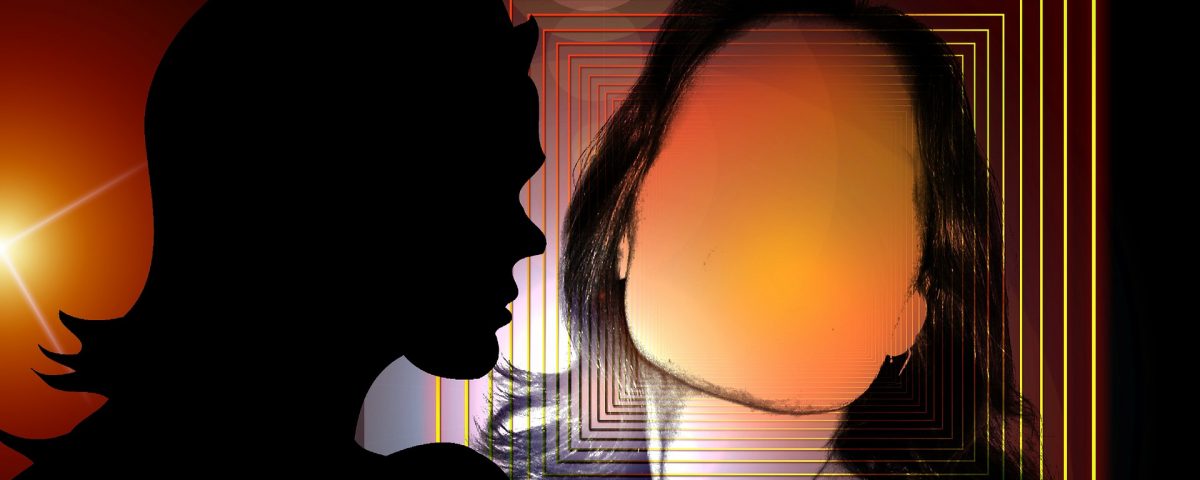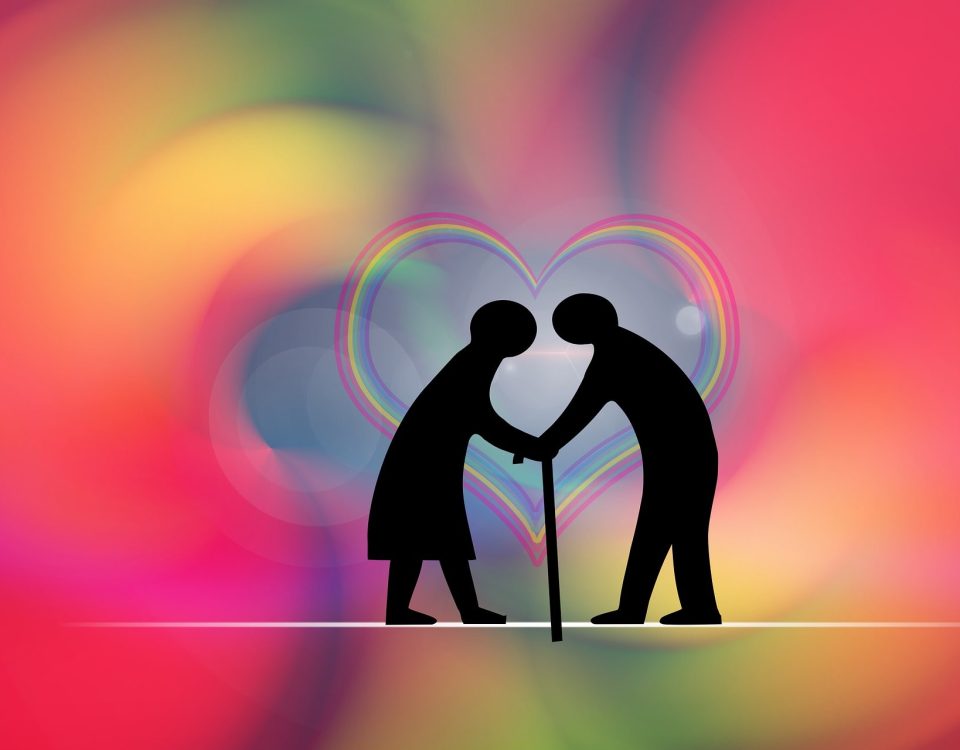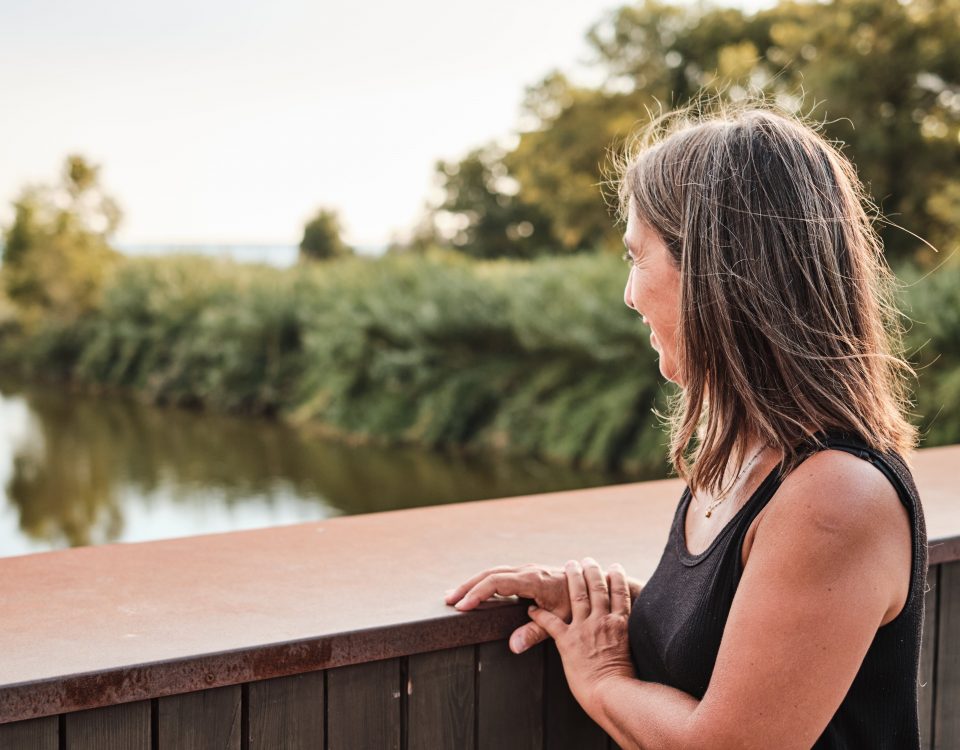
Panic attacks, they are back
January 26, 2022
Expat identity, how to be yourself again
November 28, 2022Following my introductory post, I continue with more reflections on being a “migrant for love”.
Let’s step back to Melbourne 1991, where you’ll find me full of enthusiasm, eager to meet new people and embrace life in my adoptive city. I feel open to new experiences and everything this adventure has to offer me. I am ready to build my network, grow and embrace every aspect of this new chapter and leave my mark in this southern land.
Within a few days I had new people in my life, I had a home, a family, friends … but none of this was really mine. It was Nigel’s house, Nigel’s family, Nigel’s friends and I was no longer even me, but “Barb, Nigel’s girlfriend”.
Looking back now it is apparent that I was first of all a victim of my own insecurity and inexperience, but I began to feel stripped of everything that was “me”, losing myself and slowly turning into someone I did not recognise.
I didn’t have a job and I was financially dependent on Nigel. Nobody ever thought to invite me to have a coffee alone…because I wasn’t alone and probably didn’t need anything!
The dark shadow of resentment continued to hover above these new feelings: this was not my choice, I did not want to be here, I was sacrificing my life, I was giving up everything for someone who was going on with his life, untouched.
On top of losing everything, I was beginning to lose who I was.
My mind was filled with thoughts, all focused on telling me the “victim’s story”: I was doing all the suffering, while the country that should be welcoming me became more and more hostile. My self esteem started plummeting and I told myself I had nothing to offer to anyone.
My chance of succeeding in my new life was very slim.
I struggled daily with panic attacks, loneliness, a sense of worthlessness, anxiety for my future, total disinterest in my surroundings. I felt disheartened and certain that I could not win any of these battles, while I kept sinking deeper and deeper into a well of inertia.
These challenges are probably common to all expats, but when you choose to migrate for love, there is the added anxiety of no longer being seen as an individual. Sometimes instead of giving stability, being part of a couple can make us feel unbalanced. At least this is what was happening to me.
Moving to your partner’s country often means you are the one starting from scratch and, whether you like it or not, this puts you at a disadvantage.
Although I was aware of my situation, I didn’t know how to deal with it and I was slowly losing my bearings. It took me a while to get the control back.
First of all, I had to recognise that the thoughts in my mind were exactly that: thoughts. Not facts.
I had to accept that I wasn’t a victim of circumstances but a conscious individual who had made an informed decision and now had to deal with the consequences.
Finding my own identity was essential but initially I had to understand who I was and who I wanted to be.
For many of us it is important to acquire economic independence, to have a job that satisfies and excites us, which allows us to demonstrate our worth and feel useful and appreciated, as well as being financially independent.
Equally important to me was to reach emotional independence, which can be just as difficult to achieve.
Migrating for love does not necessarily have to cause the loss of our identity, but it can be a moment of confusion that offers us the opportunity to find and renew ourselves 🙂






